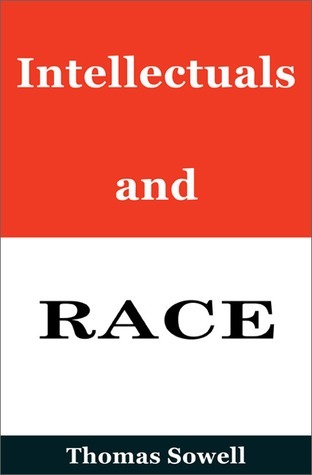
The Quest for Cosmic Justice
Book Description
Justice is a powerful lure. But what if the quest for cosmic justice leads to chaos and division? In 'The Quest for Cosmic Justice,' Thomas Sowell exposes the perilous ideologies that blur the lines between fairness and fanaticism. With sharp insights, he dissects popular misconceptions that ignite societal upheaval, unraveling the human propensity to seek equality at any cost. Each page challenges deeply held beliefs, revealing the unseen consequences of well-intentioned policies. Can society thrive when justice is seen as a pursuit rather than a principle? Prepare for a thought-provoking journey that asks: Is true justice achievable, or merely a mirage?
Quick Book Summary
In "The Quest for Cosmic Justice," Thomas Sowell argues that the drive to achieve a utopian form of justice—what he calls "cosmic justice"—is not only unattainable but often harmful. Sowell distinguishes between traditional justice, which focuses on fair rules and equal treatment, and cosmic justice, which attempts to eliminate all disparities in outcomes. This pursuit, he claims, leads to policies that undermine freedom, erode the rule of law, and foster resentment. Through incisive analysis, Sowell critiques well-meaning social policies that promise equity but generate unintended, often destructive consequences. He urges readers to recognize the limits of what political systems can accomplish and to approach justice humbly, wary of ideological zeal that sacrifices individual liberty in the name of rectifying historical or social wrongs.
Summary of Key Ideas
Table of Contents
The concept of cosmic vs. traditional justice
Thomas Sowell opens his book by separating two concepts: traditional justice, which is rooted in treating individuals equally before the law, and cosmic justice, which seeks to remedy all inequalities in people’s outcomes, regardless of their source. He contends that whereas traditional justice applies fixed rules fairly to all, cosmic justice attempts to control circumstances and results—an undertaking inevitably doomed by the complexity of human affairs and the unpredictability of life. According to Sowell, the drive for cosmic justice emerges from a deep human desire for fairness but ultimately misconstrues the nature of justice itself.
Unintended consequences of social engineering
Moving forward, Sowell examines how efforts to achieve cosmic justice distort the legal and political order. Social policies designed to produce equal outcomes—a central aspect of cosmic justice—often produce the opposite, fostering resentment and deepening social divisions. Sowell discusses examples such as affirmative action and progressive taxation, arguing that these policies, despite good intentions, undermine meritocracy and tend to create perverse incentives that can weaken the very groups they intend to help.
The limits of human knowledge and institutions
A key argument Sowell advances is the intrinsic limits of human knowledge and institutional capability. No centralized authority, no matter how well-intentioned or well-informed, can possibly account for the full complexity of individual circumstances or predict the myriad effects of broad social policies. Sowell emphasizes the hubris involved in policy makers’ attempts to create a perfectly just society, warning that such efforts often ignore the important balance between liberty and equality.
Freedom and the rule of law vs. imposed outcomes
Sowell warns that when the pursuit of cosmic justice overrides respect for the rule of law, society slides towards arbitrary governance. Policies that bend or break established rules for preferred outcomes erode public trust and set dangerous precedents, ultimately threatening freedom. He insists that justice must remain a principle anchored in consistency, not a malleable pursuit shaped by current ideals or group identity.
The perils of moral zealotry in public policy
In conclusion, Sowell criticizes what he calls moral zealotry—the passionate but often short-sighted pursuit of unattainable ideals. Such zeal, he argues, leads to divisive politics and societal chaos by dismissing the lessons of history and the need for humility in political decision-making. Sowell calls for a renewed emphasis on traditional justice—fair processes and equal treatment—rather than continual social engineering in pursuit of perfect outcomes.
Download This Summary
Get a free PDF of this summary instantly — no email required.





